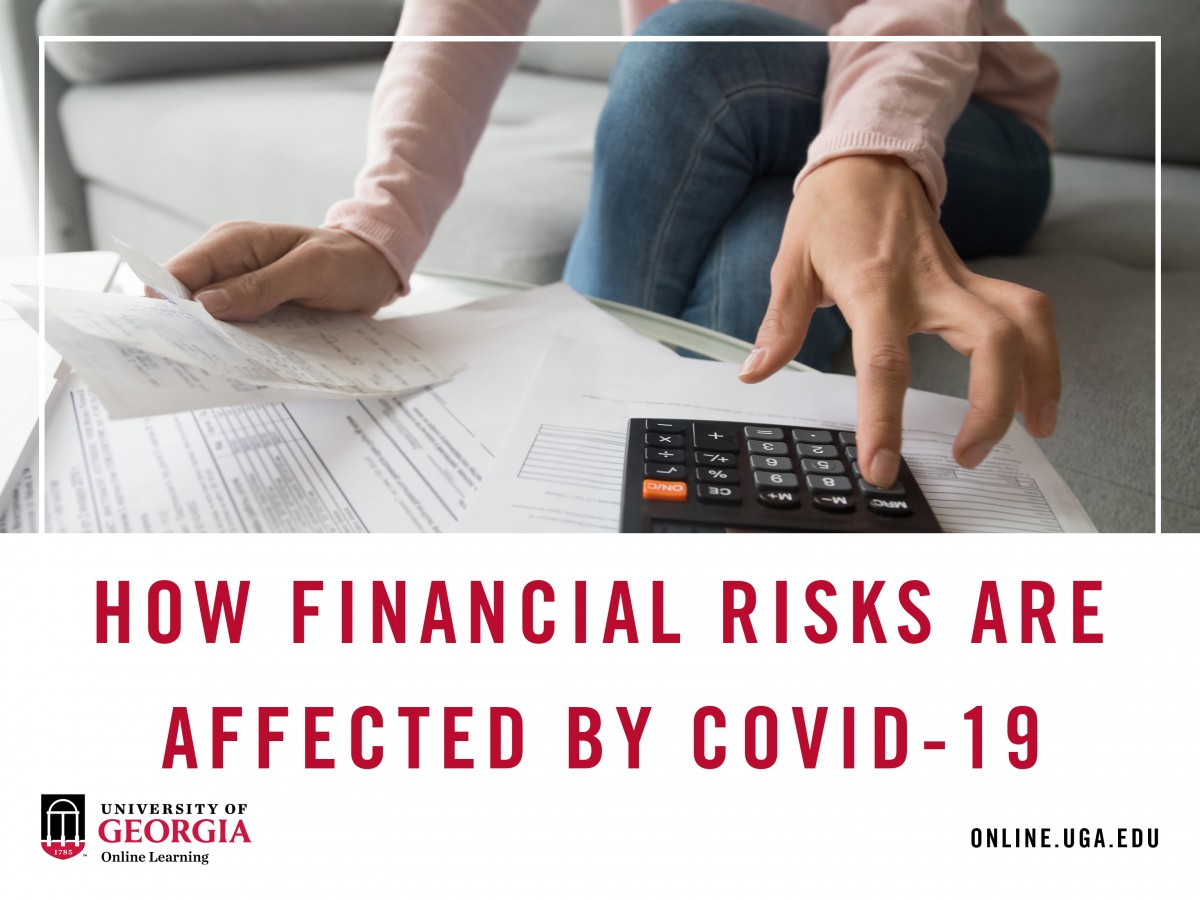Study shows decrease in financial risk tolerance during COVID-19
Study shows decrease in financial risk tolerance during COVID-19
Online M.S. in Financial Planning professor, John Grable as well as Wookjae Heo, and Abed G. Rabbini created a study to determine whether financial risk tolerance is affected or changed due to the increase in COVID-19 cases in the U.S.
 Heo is an assistant professor of Consumer Affairs in the Department of Consumer Sciences, at the South Dakota State University and Abed G. Rabban is an assistant professor in the department of Personal Financial Planning at the University of Missouri.
Heo is an assistant professor of Consumer Affairs in the Department of Consumer Sciences, at the South Dakota State University and Abed G. Rabban is an assistant professor in the department of Personal Financial Planning at the University of Missouri.
Their research relied on data from a large sample of investors and other consumers covering the period beginning April 2019 and ending in early May 2020. The data was used to estimate average levels of financial risk tolerance and to determine if the willingness to take financial risk changed across five distinct periods in relation to the spread of COVID-19.
During the initial peak of COVID-19 period and the eventual declaration of a pandemic, there was a decrease in the levels of financial risk tolerance. The largest drop in risk tolerance was shown by those who were 25 years of age or younger.
In addition, the findings showed that policy makers, financial service firms and financial literacy educators should provide information and guidance to young people regarding why being willing to take financial risks is important and how Financial Risk Tolerance assists the proper functioning of the investment markets. The study also states that educators should do this while also helping young people feel comfortable in terms of their personal health situation and access to employment and health insurance, policy makers, financial service firms and financial literacy.
The research was recognized on UGA’s College of Family and Consumer Sciences website for it’s findings and data.
